A future growth loan scheme worth €300m was announced by the Minister for Finance for SMEs, farmers and the agri-food sector. This will include the €25m announced to support cheap loans in Budget 2018, but not delivered as of yet. The scheme is expected to be available in early 2019 and the product will have an interest rate of less than 5%, be for seven to 10 years in duration and a minimum borrowing figure of €50,000. It is targeted towards capital investment but legislation will have to be passed before the scheme opens. It is not clear whether a certain amount will be ring-fenced for primary producers.
Earned income credit for self-employed workers will be increased by €200 to €1,350 in Budget 2019, which still falls short of the €1,650 available to PAYE workers.
The higher income tax band is also increased by €750 to €35,300.
The universal social charge (USC) rates will be adjusted, with the 4.75% rate applying to middle-income earners dropping to 4.5%.
Income averaging will also be made available to farmers with off-farm income.
While health spending will increase significantly in Budget 2019, it is unclear how much will go towards the reduction in nursing home charges applicable to the value of farm property under Government proposals to reform the Fair Deal scheme.
“Any increase that may be provided to fund the Nursing Home Support Scheme will be confirmed when the HSE service plan has been finalised in the coming weeks,” a Department of Health spokesperson told the Irish Farmers Journal. “This would encompass proposed changes around means testing of productive farm and business assets once the proposed legislation has been passed and enacted.”
An allocation of €87m for 2019 covers both the roll-out of the National Broadband Plan to connect all rural homes and businesses and the “promotion of digital adoption among small businesses and citizens”. This means only a fraction of progress needed on the estimated €1bn rural broadband roll-out can take place in the coming year.
The carbon tax on fossil fuels will not increase next year. While this will keep diesel prices low, it will also reduce the incentive for energy users to switch to bioenergy produced by farmers. A 1% surcharge in vehicle registration tax for passenger vehicles will spare other categories such as tractors, trucks and vans.
The allocation to the Support Scheme for Renewable Heat, due to kickstart bioenergy production in Ireland, fell from €7m this year when the scheme has not been fully operational to an even lower €6m in Budget 2019. This pushes back further the time when spending on the €300m promised for the scheme over 10 years will really begin. Another €10m is going to “research to diversify away from fossil fuels to green energy”. The first projects in the 10-year, €500m climate fund will receive support, with no indication of the 2019 spending target yet.
Higher allocation of €103m for grants and premiums for forestry.Bord Bia’s funding for 2019 is to increase by €5m bringing the total grant aid to €46.6m. This is a 60% increase in funding since 2014.Teagasc will receive an additional €6m in funding to progress an €8m Food Innovation Hub in Moorepark, of which €2m was provided in 2018.€53m will be made available to fund the first round of projects under the new Rural Regeneration and Development Fund.A €5 increase for Farm Assist payments will apply from March next year and will increase weekly payments from €198 to €203.€40m will be available for repairs to local roads, regional roads and footpaths.€70m for TAMS. Supports for organic farming increased to €12m.€1m in additional funding for horticulture.
A future growth loan scheme worth €300m was announced by the Minister for Finance for SMEs, farmers and the agri-food sector. This will include the €25m announced to support cheap loans in Budget 2018, but not delivered as of yet. The scheme is expected to be available in early 2019 and the product will have an interest rate of less than 5%, be for seven to 10 years in duration and a minimum borrowing figure of €50,000. It is targeted towards capital investment but legislation will have to be passed before the scheme opens. It is not clear whether a certain amount will be ring-fenced for primary producers.
Earned income credit for self-employed workers will be increased by €200 to €1,350 in Budget 2019, which still falls short of the €1,650 available to PAYE workers.
The higher income tax band is also increased by €750 to €35,300.
The universal social charge (USC) rates will be adjusted, with the 4.75% rate applying to middle-income earners dropping to 4.5%.
Income averaging will also be made available to farmers with off-farm income.
While health spending will increase significantly in Budget 2019, it is unclear how much will go towards the reduction in nursing home charges applicable to the value of farm property under Government proposals to reform the Fair Deal scheme.
“Any increase that may be provided to fund the Nursing Home Support Scheme will be confirmed when the HSE service plan has been finalised in the coming weeks,” a Department of Health spokesperson told the Irish Farmers Journal. “This would encompass proposed changes around means testing of productive farm and business assets once the proposed legislation has been passed and enacted.”
An allocation of €87m for 2019 covers both the roll-out of the National Broadband Plan to connect all rural homes and businesses and the “promotion of digital adoption among small businesses and citizens”. This means only a fraction of progress needed on the estimated €1bn rural broadband roll-out can take place in the coming year.
The carbon tax on fossil fuels will not increase next year. While this will keep diesel prices low, it will also reduce the incentive for energy users to switch to bioenergy produced by farmers. A 1% surcharge in vehicle registration tax for passenger vehicles will spare other categories such as tractors, trucks and vans.
The allocation to the Support Scheme for Renewable Heat, due to kickstart bioenergy production in Ireland, fell from €7m this year when the scheme has not been fully operational to an even lower €6m in Budget 2019. This pushes back further the time when spending on the €300m promised for the scheme over 10 years will really begin. Another €10m is going to “research to diversify away from fossil fuels to green energy”. The first projects in the 10-year, €500m climate fund will receive support, with no indication of the 2019 spending target yet.
Higher allocation of €103m for grants and premiums for forestry.Bord Bia’s funding for 2019 is to increase by €5m bringing the total grant aid to €46.6m. This is a 60% increase in funding since 2014.Teagasc will receive an additional €6m in funding to progress an €8m Food Innovation Hub in Moorepark, of which €2m was provided in 2018.€53m will be made available to fund the first round of projects under the new Rural Regeneration and Development Fund.A €5 increase for Farm Assist payments will apply from March next year and will increase weekly payments from €198 to €203.€40m will be available for repairs to local roads, regional roads and footpaths.€70m for TAMS. Supports for organic farming increased to €12m.€1m in additional funding for horticulture. 



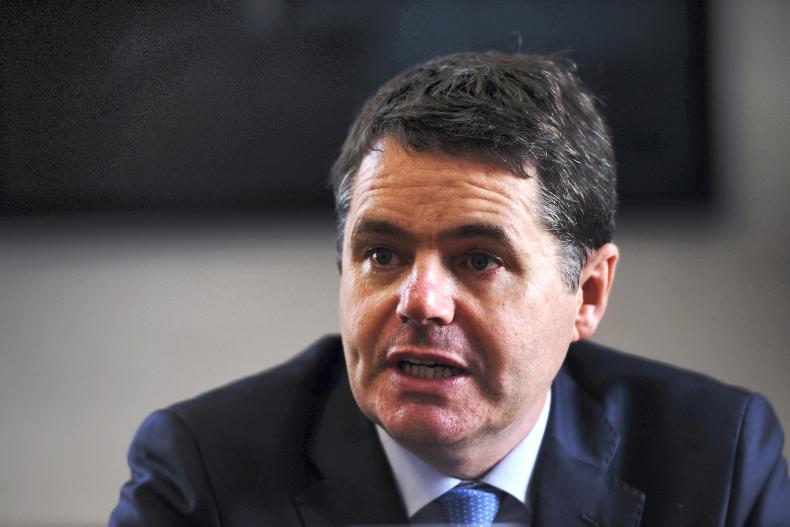
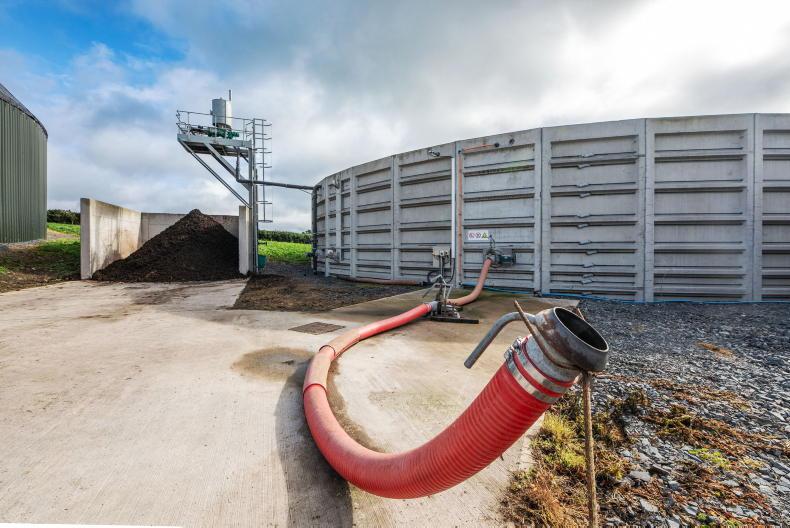

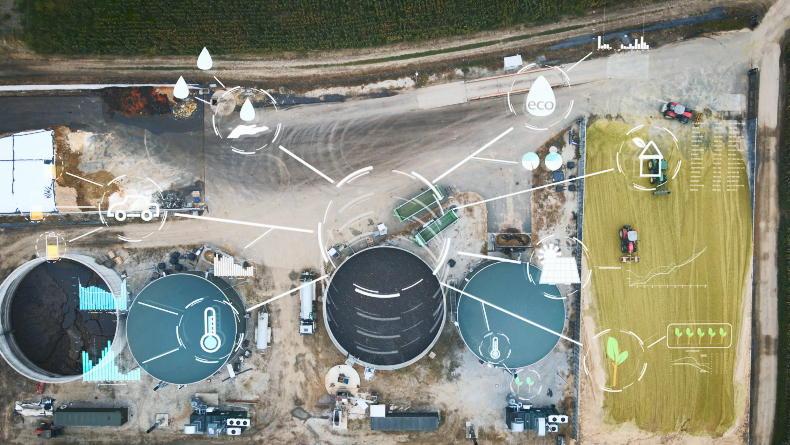
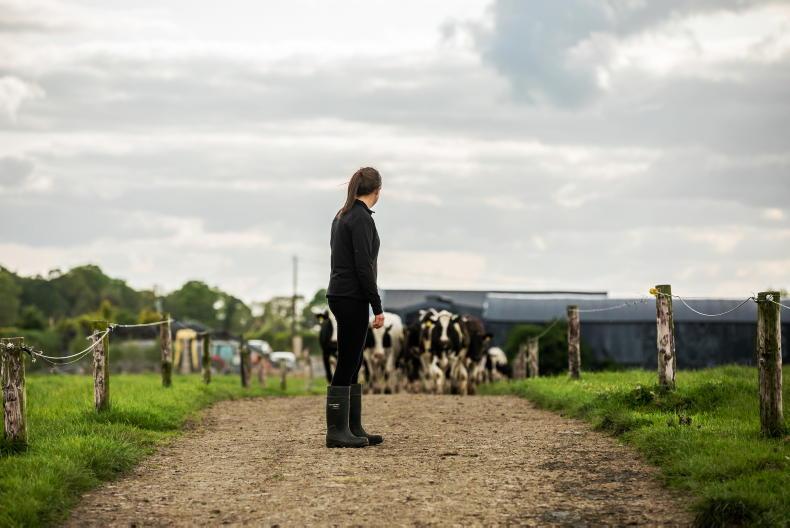
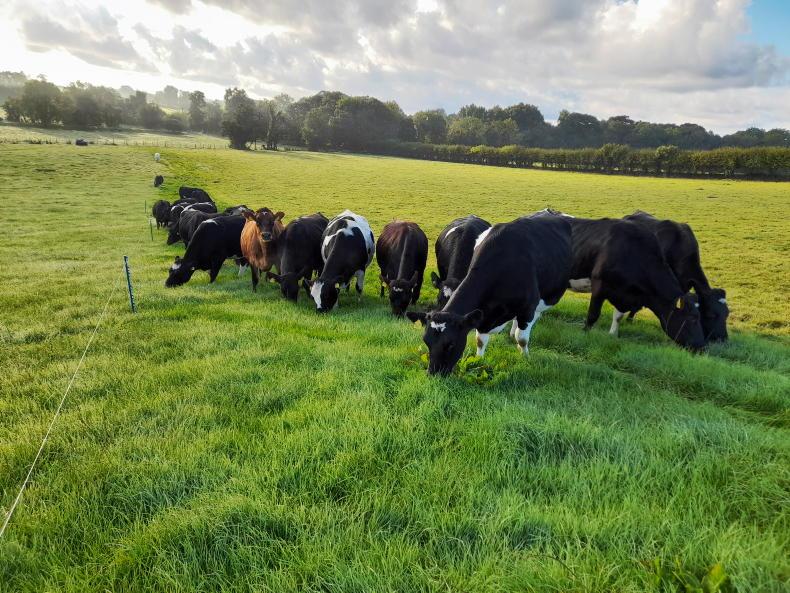
SHARING OPTIONS